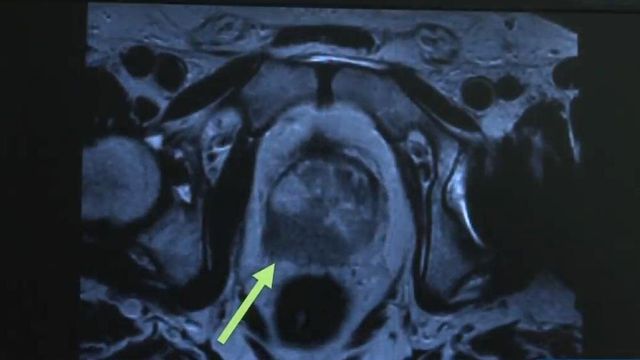Cancer screening event in Durham aims to identify patients early
Advances in medicine can bypass many people who are at higher risk for chronic health issues - like cancer and heart disease but some barriers to healthcare among minority populations may be dropping.
Posted — UpdatedAnd a free men's health screening event this weekend in Durham could help further this effort.
"It's completely free of charge (and) there's no cost," said Dr. Nadine Barrett of the Duke University Hospital Cancer Institute. " And we also have navigators that are there to follow up with those men that have an abnormal finding to make sure that they get the care that they need."
The Duke Cancer Institute, Lincoln Health Center and Duke Primary Care Croasdaile have joined together in order to reaching men who are at high risk for life-threatening illnesses, including prostate cancer.
Black men are at highest risk of dying from prostate cancer.
"African-American men present to us, often times, with more progressive disease or (they come in) at a later stage," said Dr. Steven Patierno, of the Duke Cancer Institute. "In some cases, and on clinical trials they seem to actually respond better to therapy."
The earlier prostate cancer is detected, the more treatment options are available, doctors say.
Patierno says there's been some debate about the value of certain prostate cancer screenings but he says it's the most effective way to help men at high risk for the disease.
"We engage in what's called "informed decision making," which is a face-to-face, very rigorous conversation with men who may be candidates for screening," he said.
Community providers see the Saturday and Sunday health screenings as a way for men to catch up on all their health needs.
"We address diabetes by giving men A1C's and they also get cardiovascular screening (and) can get HIV and Hep C screenings as well," Barrett said.
Doctors say as men age, they should continue to receive health screenings every year.
• Credits
Copyright 2024 by Capitol Broadcasting Company. All rights reserved. This material may not be published, broadcast, rewritten or redistributed.





